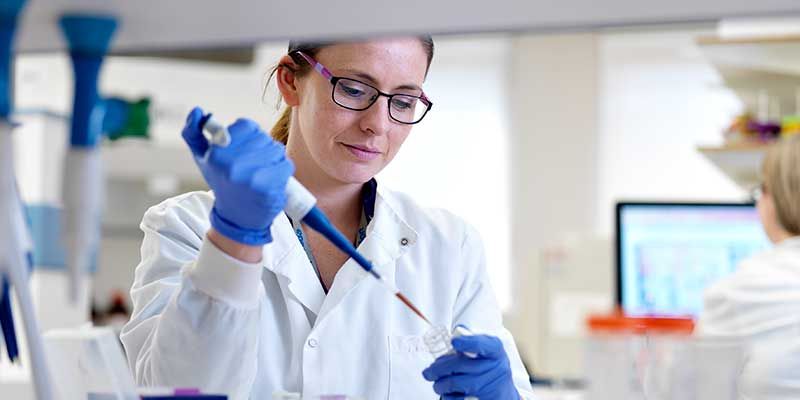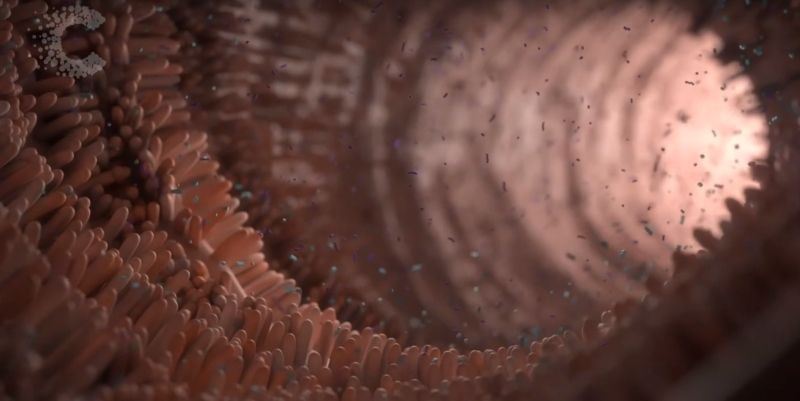
Leeds researchers have been awarded nearly £2.5 million to investigate how billions of microorganisms living in our bodies, called the microbiome, could be manipulated to treat bowel cancer.
The researchers will collaborate with a team of scientists from the UK, the US, Canada, the Netherlands and Spain, who have collectively been awarded £20 million by Cancer Research UK.
The funding is one of the largest grants ever awarded by the charity and forms part of its new Grand Challenge fund, set up to revolutionise the prevention, diagnosis and treatment of cancer.
Bowel cancer is the fourth most common cancer in the UK, accounting for 12% of all new cancer cases in 2015.
Initial research suggests that a person’s microbiome – the collection of billions of microorganisms living in our bodies – may be linked to bowel cancer and their response to treatment.
Cancer Research UK explains how the microbiome could affect cancer risk
There are many lifestyle factors that influence people’s risk of developing the disease. Researchers are discovering that the impact of these factors, such as diet and obesity, on the microbiome may play an important role in bowel cancer development.
The team is aiming to understand the difference between a healthy microbiome and a one associated with cancer and find ways to manipulate this collection of microorganisms to better prevent and treat cancer. They will explore this through clinical trials of new interventions based on the research results.
International experts
Philip Quirke, Professor of Pathology at the University of Leeds, said: “We are really excited to be part of Cancer Research UK’s Grand Challenge. This award means that Leeds will be at the centre of some of the most exciting research into cancer going on in the world right now. Grand Challenge enables us to collaborate with international experts in other fields of research.
“Our aim is that this research project could help to revolutionise our understanding of the role the microbiome plays in cancer development. This could help find new ways to prevent the disease and also new treatments for patients in the future.”
The researchers will bring their expertise in pathology to the Grand Challenge project and will study tissue samples, many of which will come from patients taking part in clinical trials at the Leeds Cancer Centre.
The funding will also create six new research posts in Leeds.

Visualisation of the gut, by Cancer Research UK
New frontiers
Nicki Embleton, Cancer Research UK’s spokesperson for Yorkshire, said: “Grand Challenge gives us the perfect opportunity to address complex questions and cross new frontiers in our understanding of cancer, to transform the lives of patients.
“People in Yorkshire have every right to feel proud of the world-class research taking place on their doorstep and of their fundraising efforts, which are helping to beat cancer.”
Cancer Research UK’s Grand Challenge was established to help scientists attack some of the hardest, unanswered questions in cancer research.
This project was selected by an international panel of experts from a shortlist of ten exceptional, multi-disciplinary collaborations from universities, institutes and industry across the globe.
Further information
For interview requests please contact Simon Moore in the University of Leeds press office on 0113 343 8059 or email Simone Moore via .i.moore@leeds.ac.uk.